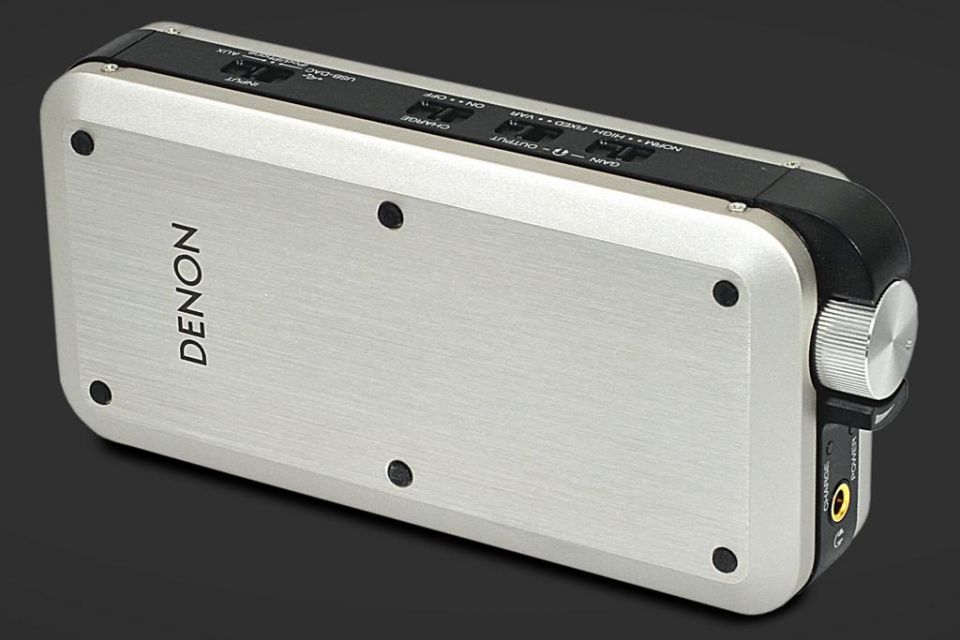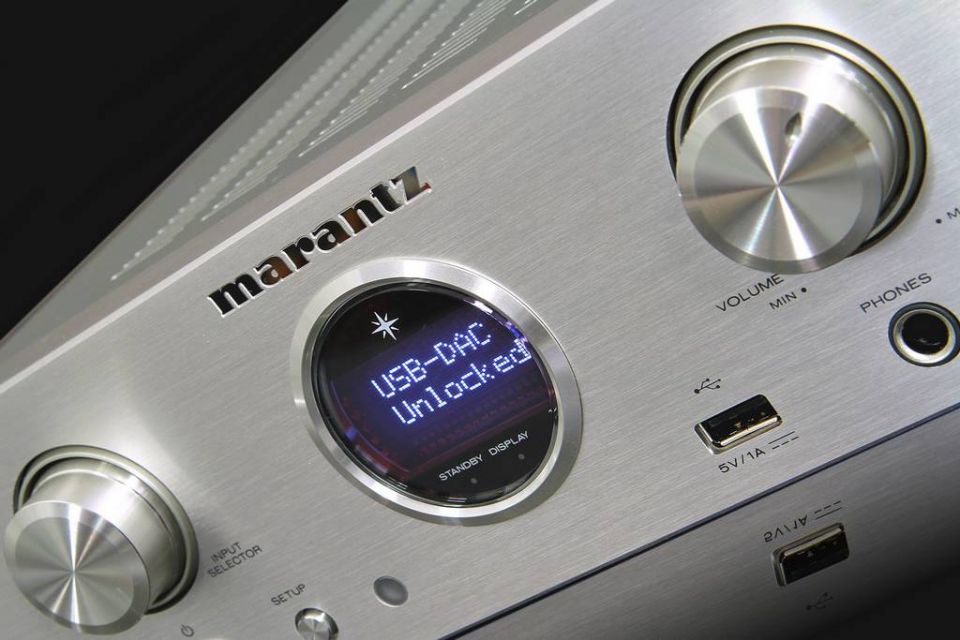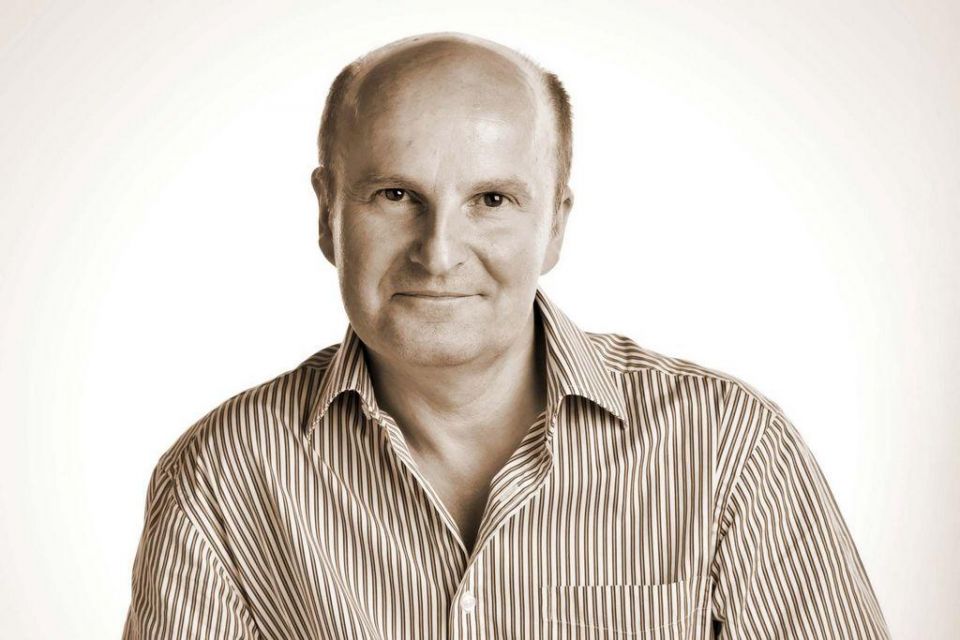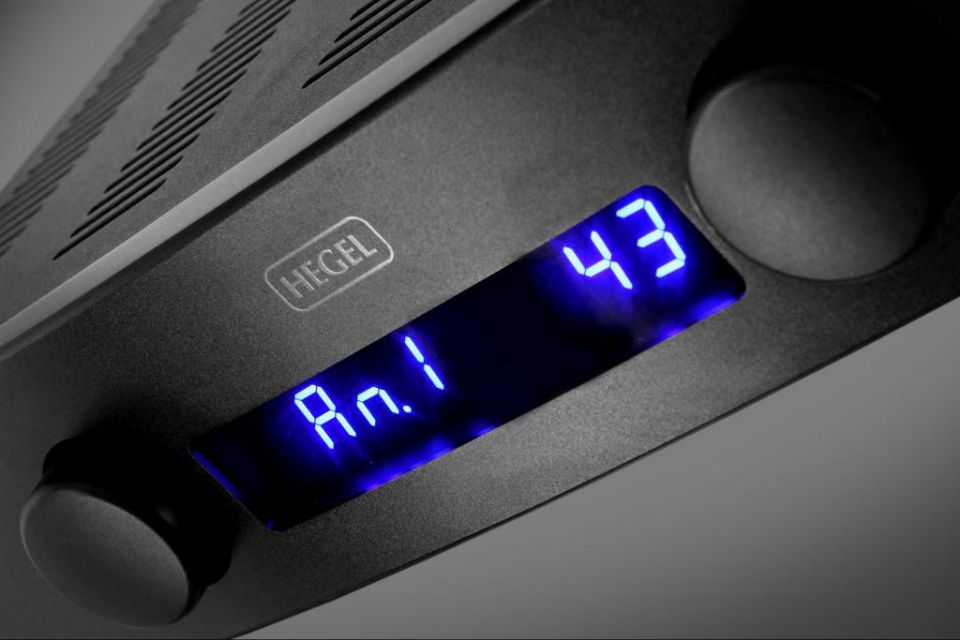Denon DA-10
Until recently Denon's catalog centered on devices almost exclusively dedicated to usage in stereo and home cinema systems - amplifiers, players, streamers and micro-systems. The offering was supplemented with accessories and a wide range of headphones, very interesting headphones, we have to say. However the increasing trend pushing many sectors towards mobile devices caused also a change in the catalogue of this Japanese company, causing an avalanche of propositions with different purpose. So last year we saw a few novelties, like the CEOL series of systems, the Envaya speaker looking like a lady's purse, the elegantly sleek soundbar DHT-T110 or the HEOS wireless speakers. But Denon seems not to be stopping there, as they recently presented their first DAC/headphone amplifier. This device is not only small, but also looks splendidly placed on a desktop.








